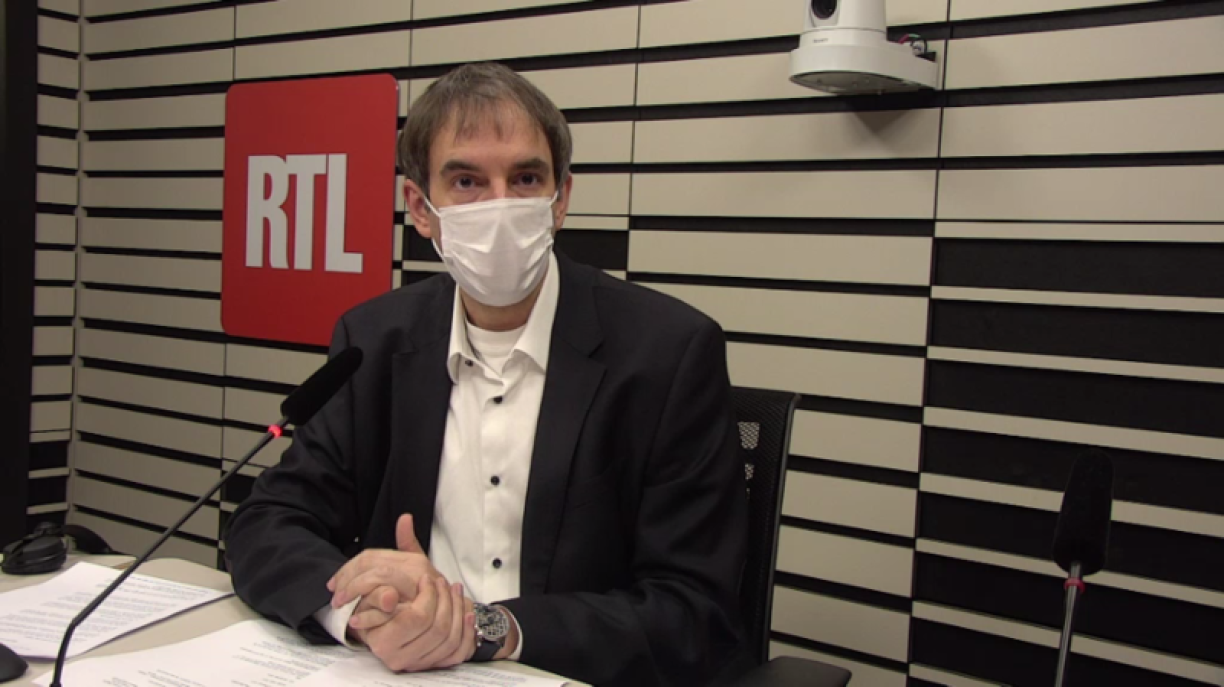
Global warming can be stopped but we must not solely rely on technological progress, but humanity as a whole must change its lifestyle, according to Andrew Ferrone, the representative of Luxembourg at the IPCC.
The goal is clear, Ferrone stressed, namely to reduce CO2 emissions, “preferably to zero”. Fossil fuels currently account for 64% of carbon emissions.
Ferrone explained that in practice, this means limiting CO2 emissions to what can be naturally re-absorbed. To limit global warming to 1.5 degrees, “net zero” must be reached by 2050. Global warming could still be limited to 2 degrees by reaching net zero by 2070.
These are some of the conclusions reached by the third part of a report drawn up by the IPCC, which was presented on Monday. If net zero is only achieved at a later point in time, the risk of climate disasters increases, according to Ferrone. Technology, e.g. the usage of renewable energies, plays a key role, Luxembourg’s IPCC Representative said.
However, Ferrone also stressed that the report clearly states that it is not enough to just rely on new technologies to save the planet. A large part of humanity must change its lifestyle, the expert stated.
In that area, transport is an important sector, Ferrone explained. Telework or using other modes of transport than private cars to get to work could be potential solutions, in addition to further promoting electric mobility, according to Ferrone. But the expert also stressed that developing countries must be a part of this transition because otherwise, “the global targets will not be met”.
To achieve this, “cash flows” must be made available and those that already exist must be “significantly increased”. According to Ferrone, this is the only way to support developing countries and reach the global targets.
In many regions, renewable energies have become cheaper than fossil fuels, a development which makes it “interesting and profitable” to switch to renewable energies, Ferrone said.
During COP26, “ambitious targets” were announced, which Ferrone sees as a sign that politicians are taking the messages contained in the IPCC report seriously. Nevertheless, Ferrone also pointed out that the report is unequivocal about the emergency of the situation. The measures currently in force or envisaged by politicians are “not enough”, Andrew Ferrone concluded.